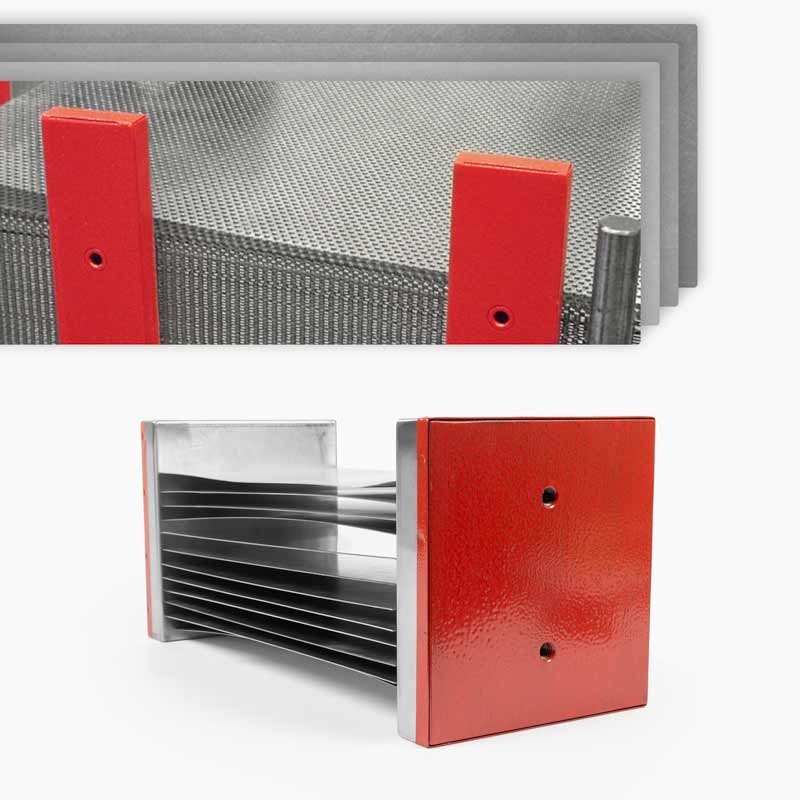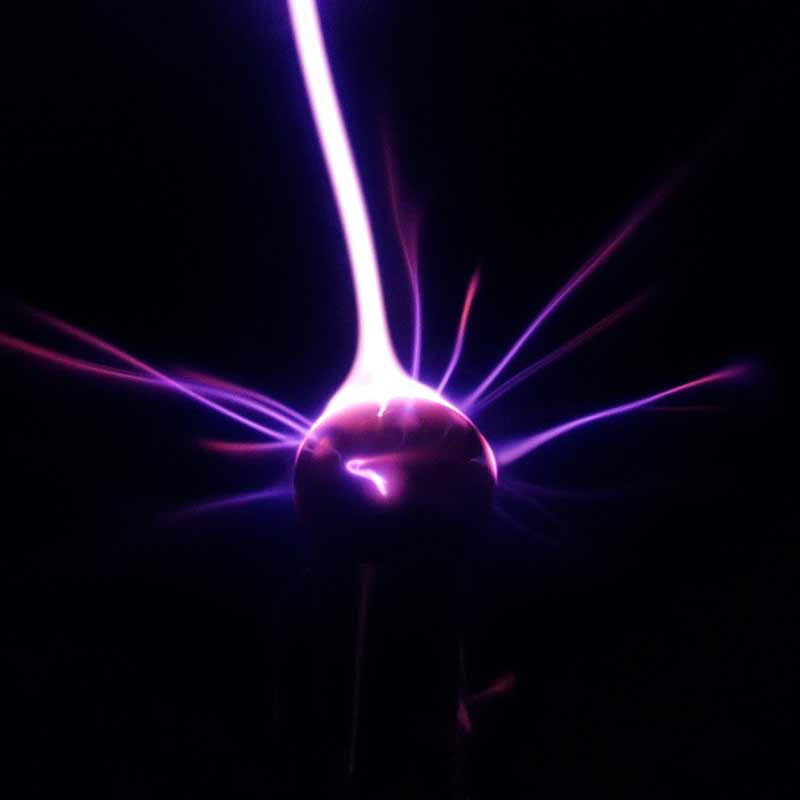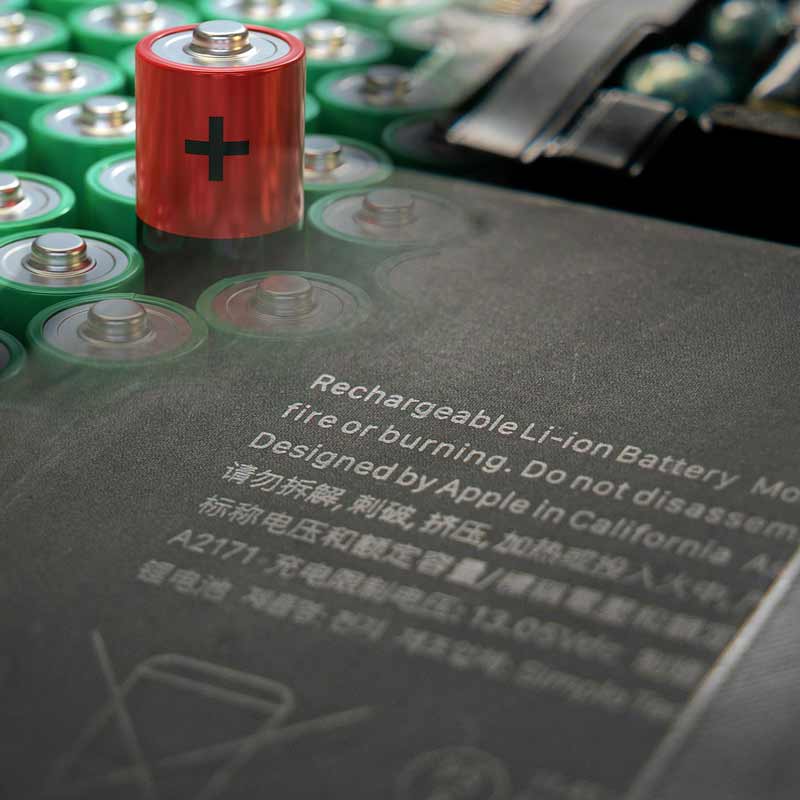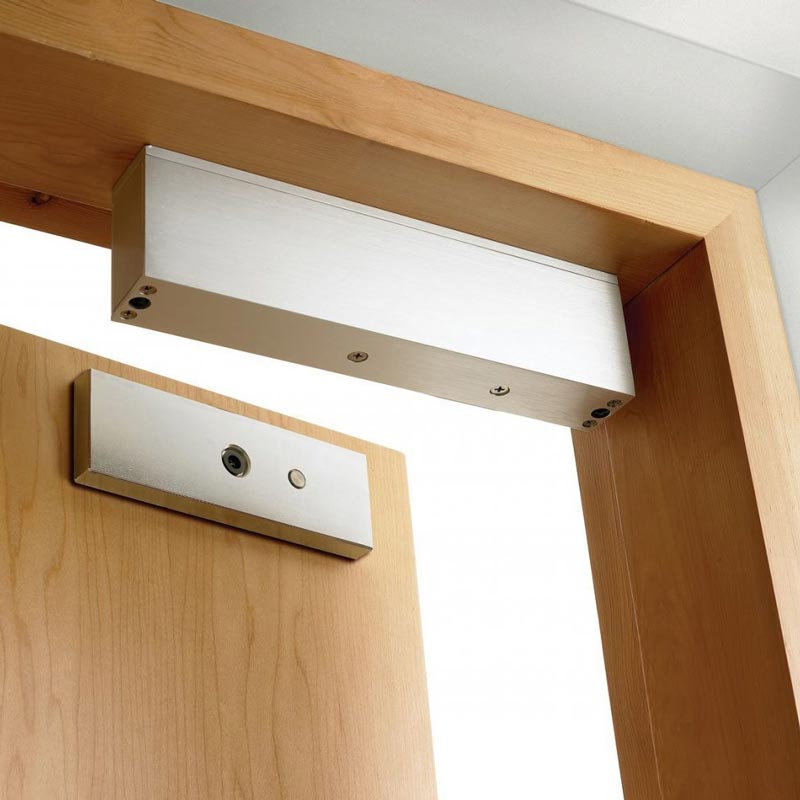Recent Post

Sheet metal handling – Easier with magnets

New in the World of Magnets: Magnetism can be induced by laser light

Innovative magnetic fastening

Magnets in Lithium Batteries – what are they actually used for?

Lift ergonomically with magnets
Uses and advantages of electro magnetic locks and access control
Published: 2023-03-03 10:14:10 • Daniel Gårdefelt
Access control systems and electro magnetic locks are becoming increasingly common in commercial and residential settings. They offer a safe and convenient method of restricting entry to buildings, rooms, and other restricted places. In this post, we will investigate magnetic locks and access control systems, including their uses, benefits, and operation.
What are electro magnetic locks?
Electro magnetic locks (not to be mixed with regular mechanical magnetic locks/catches) also known as electromagnetic locks, generate a magnetic force that holds a door in place by using an electrical current. The lock engages when the current is applied, stopping the door from opening. To unlock the door, remove the current, which releases the magnetic force and allows the door to open.
Magnetic locks are frequently used in conjunction with access control systems to control entrance to buildings, rooms, and other restricted areas. Because they are usually put on the inside of the door, they are less apparent than regular locks.
Magnetic Locks and Access Control Systems: Applications
Access control systems and magnetic locks are utilized in a variety of applications, including:
1.Commercial buildings: Magnetic locks and access control systems are often used to regulate access to restricted areas in commercial facilities such as office buildings, hospitals, and schools.
2. Residential buildings: Magnetic locks and access control systems are also used to manage entry and provide security in residential buildings such as apartment complexes and gated communities.
3. Data centers: Magnetic locks and access control systems are frequently used in data centers to safeguard server rooms and other important areas.
4.Government buildings: Magnetic locks and access control systems are used in government facilities such as courthouses and police stations to maintain security and regulate access to sensitive areas.
Magnetic locks and access control systems provide a number of advantages, including:
1.Increased security: Magnetic locks and access control systems offer a high level of security by preventing unwanted entrance and safeguarding people and valuables.
2.Convenience: Without the need for traditional keys, magnetic locks and access control systems provide a handy way to regulate entry to buildings, rooms, and other restricted locations.
3.Audit trail: Access control systems keep track of who enters and exits a certain area, providing for better accountability and tracking.
4.Flexibility: Access control systems can be tailored to match the requirements of specific applications, providing better flexibility and control.
How Do Access Control Systems and Magnetic Locks Operate?
Secure entry to buildings and rooms is made possible by the cooperation of magnetic locks and access control systems. The access control system checks a person's identification and permits or denies access based on their permissions when they submit their credentials, such as a key card or biometric data. When access is authorized, the system signals the magnetic lock to release the door and let people inside.
Conclusion
Access control systems and magnetic locks offer a safe and practical approach to manage access to buildings, rooms, and other restricted locations. They can be tailored to match the requirements of various applications and provide a higher level of security, convenience, and flexibility. Magnetic locks and access control systems will likely be used more frequently in home and business settings as technology advances, increasing everyone's safety and security.


